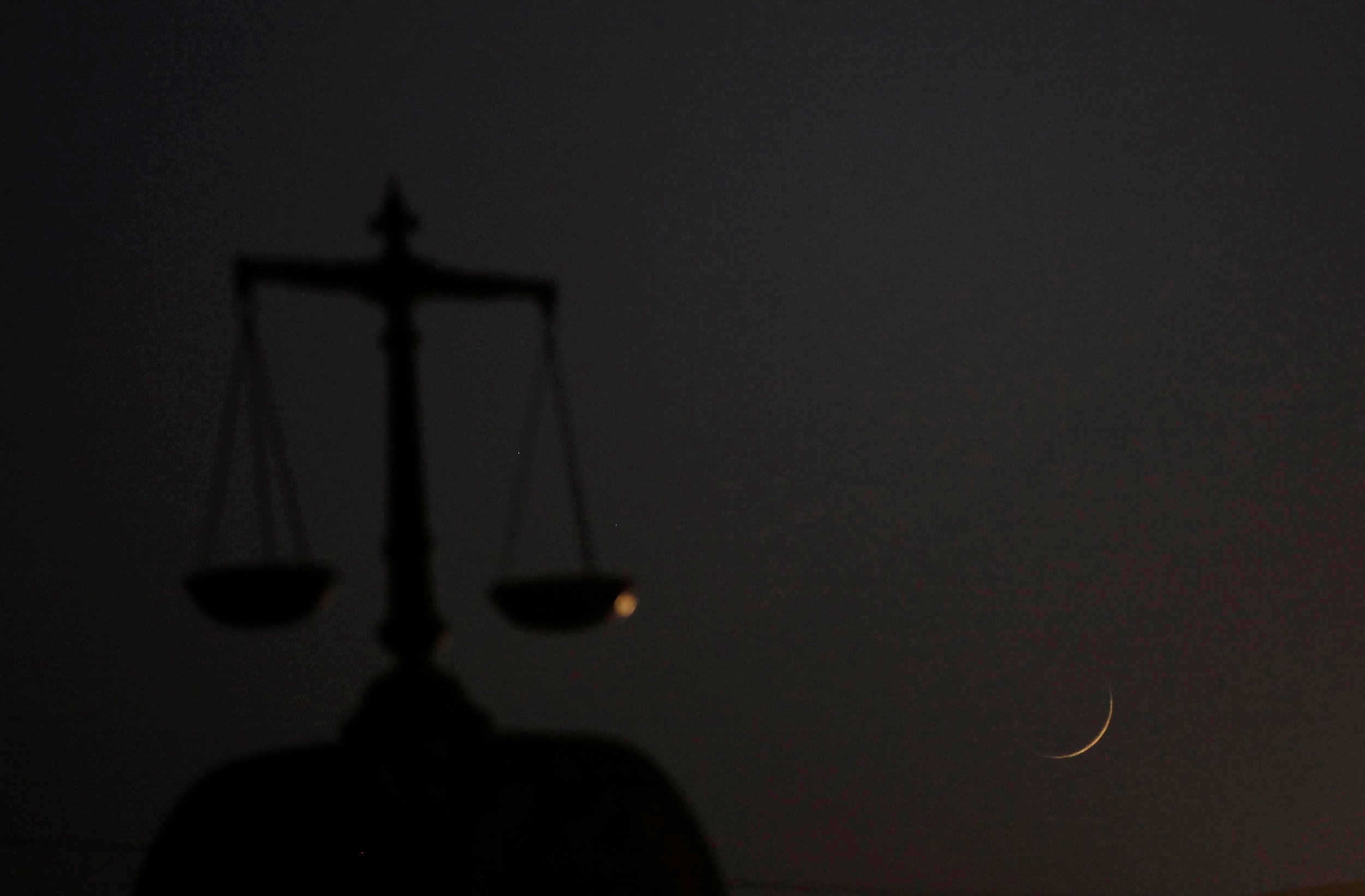
Pakistan's Supreme Court on Monday blocked the execution of a paranoid schizophrenic murder convict pending a review of an earlier ruling that his condition was not a permanent mental disorder and therefore not legally relevant, his lawyers said.
Rights groups have denounced the possible execution of Imdad Ali, 50, who government doctors certified as suffering from paranoid schizophrenia in 2012, following his conviction for the 2001 murder of a cleric.
He was due to be executed Wednesday, according to execution orders issued last week.
But the Supreme Court agreed to review an October 21 ruling on Ali's final appeal, when the court ruled that schizophrenia did not fall within Pakistan's legal definition of mental disorders.
"We welcome the decision... which will be integral in showing Pakistan's commitment to its international human rights obligations," said Zainab Malik, head of advocacy at Justice Project Pakistan, a legal aid group representing Ali.
The court scheduled a hearing for the second week of November.
Pakistan ended a virtual moratorium on capital punishment in 2014 after Pakistani Taliban gunmen massacred more than 150 people, most of them children, at a school.
Since then, 425 people have been hanged.
Rights groups, lawyers and medical professionals condemned the October ruling clearing the way for Ali's execution as running contrary to established medical knowledge and setting a dangerous precedent in cases involving the mentally ill.
Ali's family says he has suffered from the mental condition for years.
His lawyers and rights activists argue that he should not be executed as he is unable to understand his crime and punishment, and doing so would violate the International Covenant on Civil and Political Rights, a U.N. treaty to which Pakistan is a signatory.
His lawyers challenged the October 21 verdict on the grounds that it violates Pakistan's international human rights obligations, runs counter to established medical jurisprudence and that it relied on an outdated Indian Supreme Court precedent that has since been overturned.
Uncommon Knowledge
Newsweek is committed to challenging conventional wisdom and finding connections in the search for common ground.
Newsweek is committed to challenging conventional wisdom and finding connections in the search for common ground.
About the writer
To read how Newsweek uses AI as a newsroom tool, Click here.








